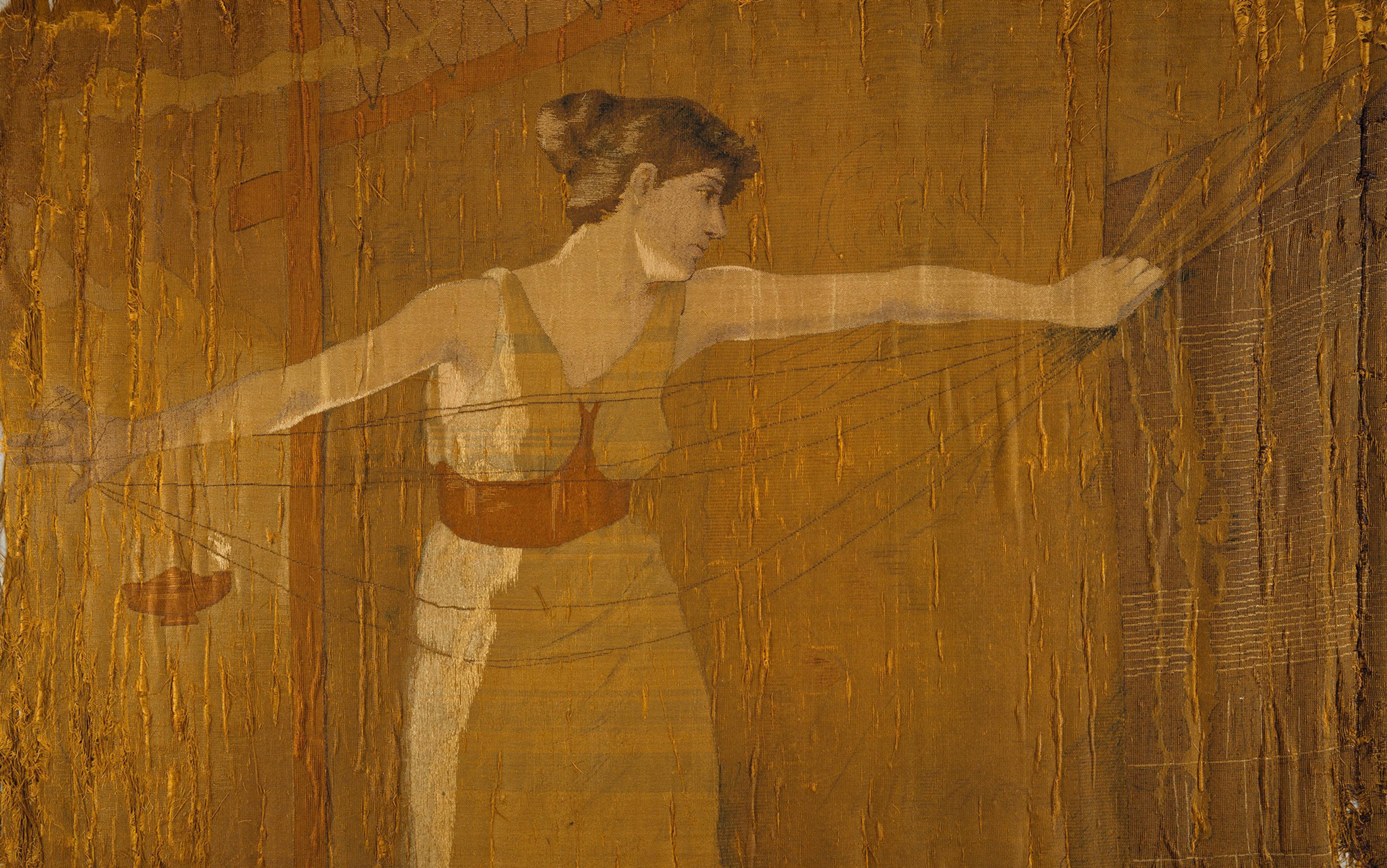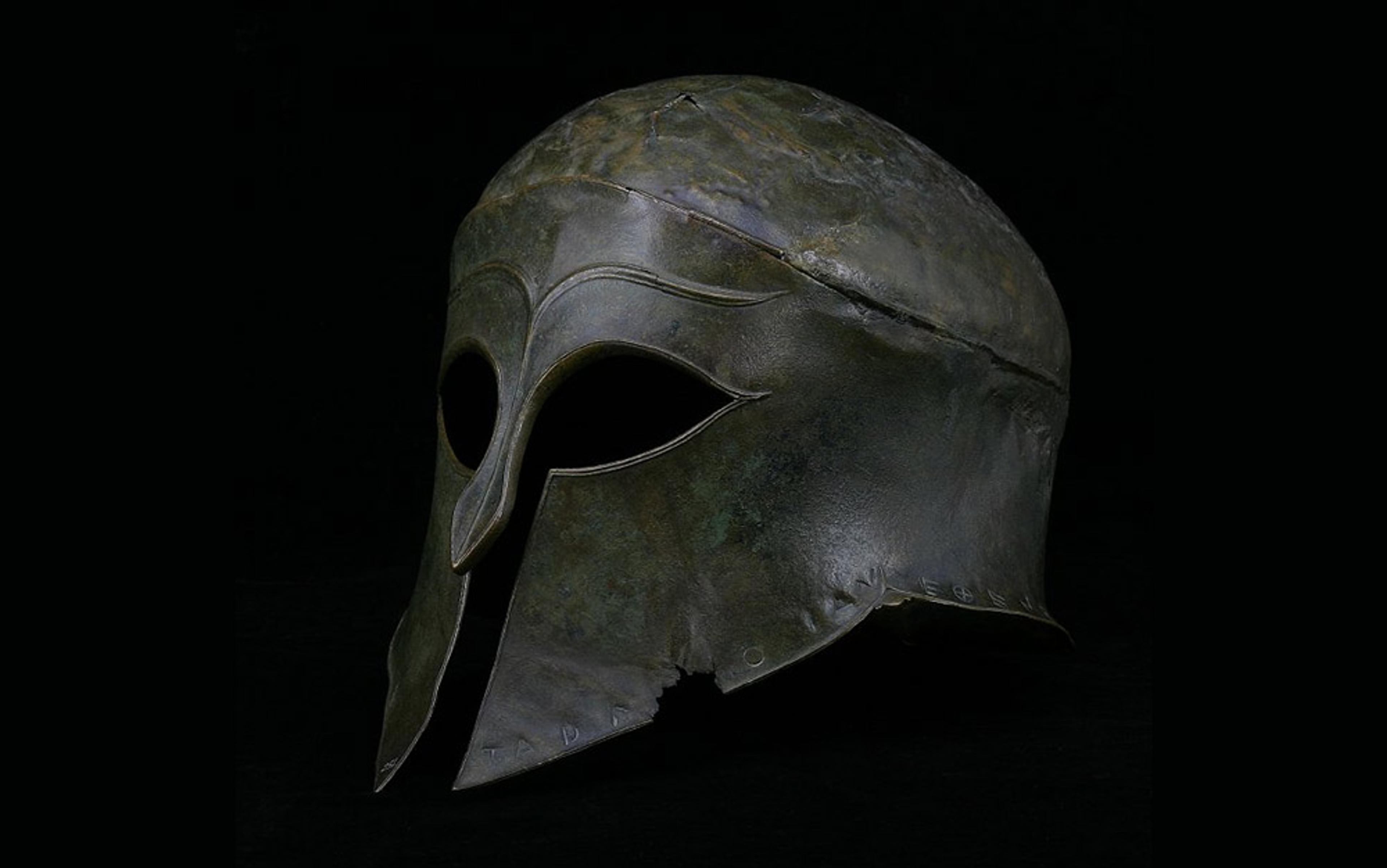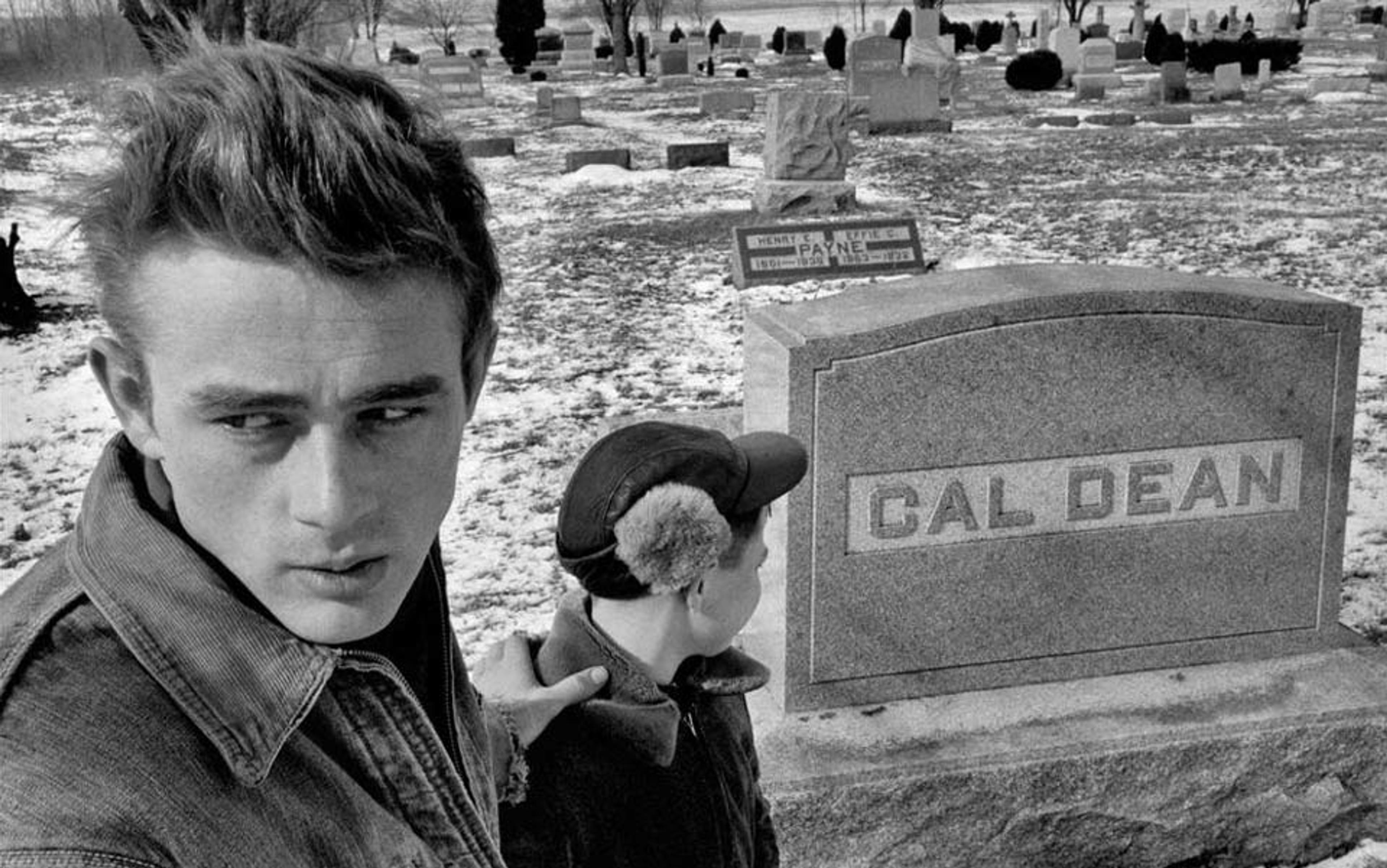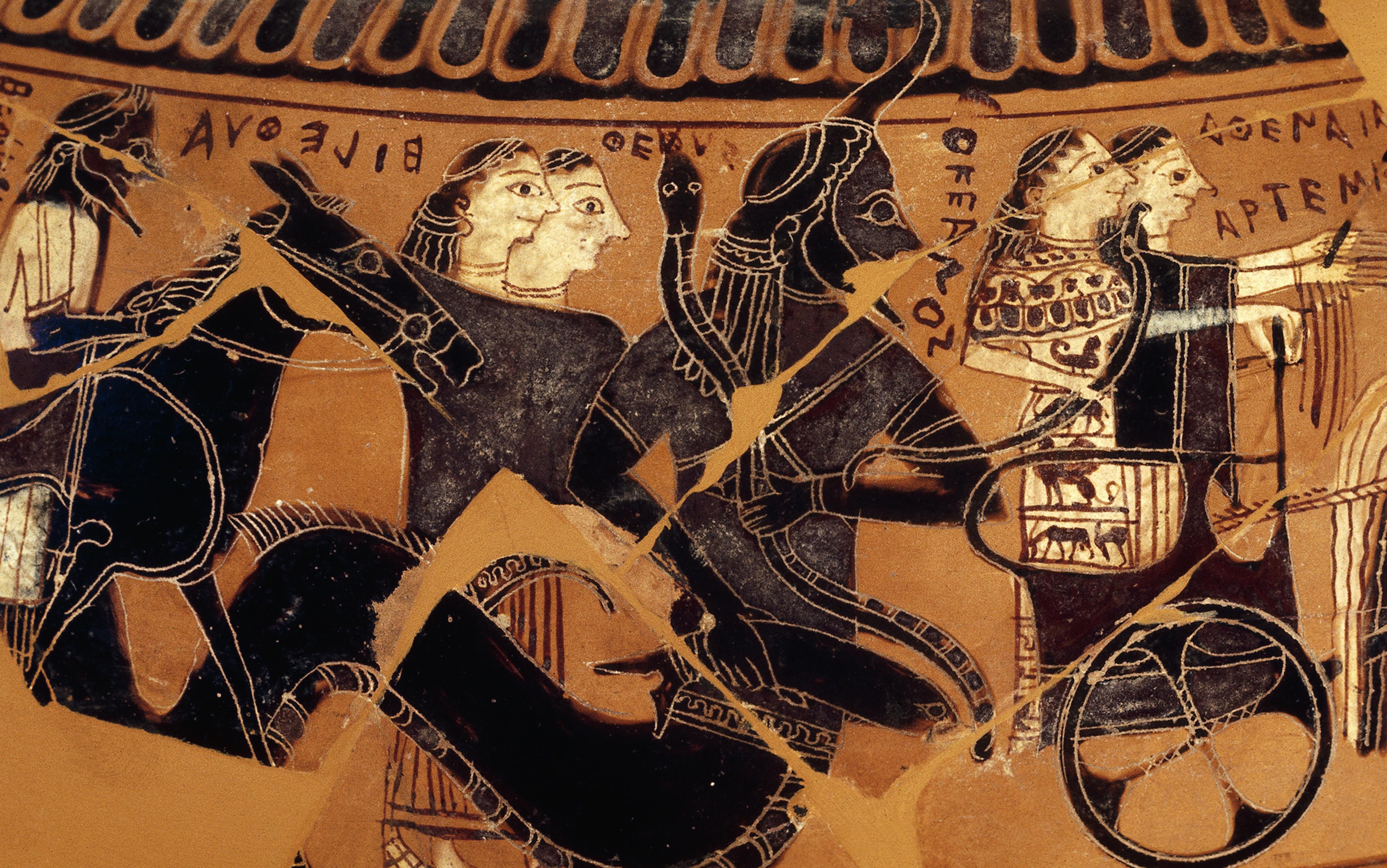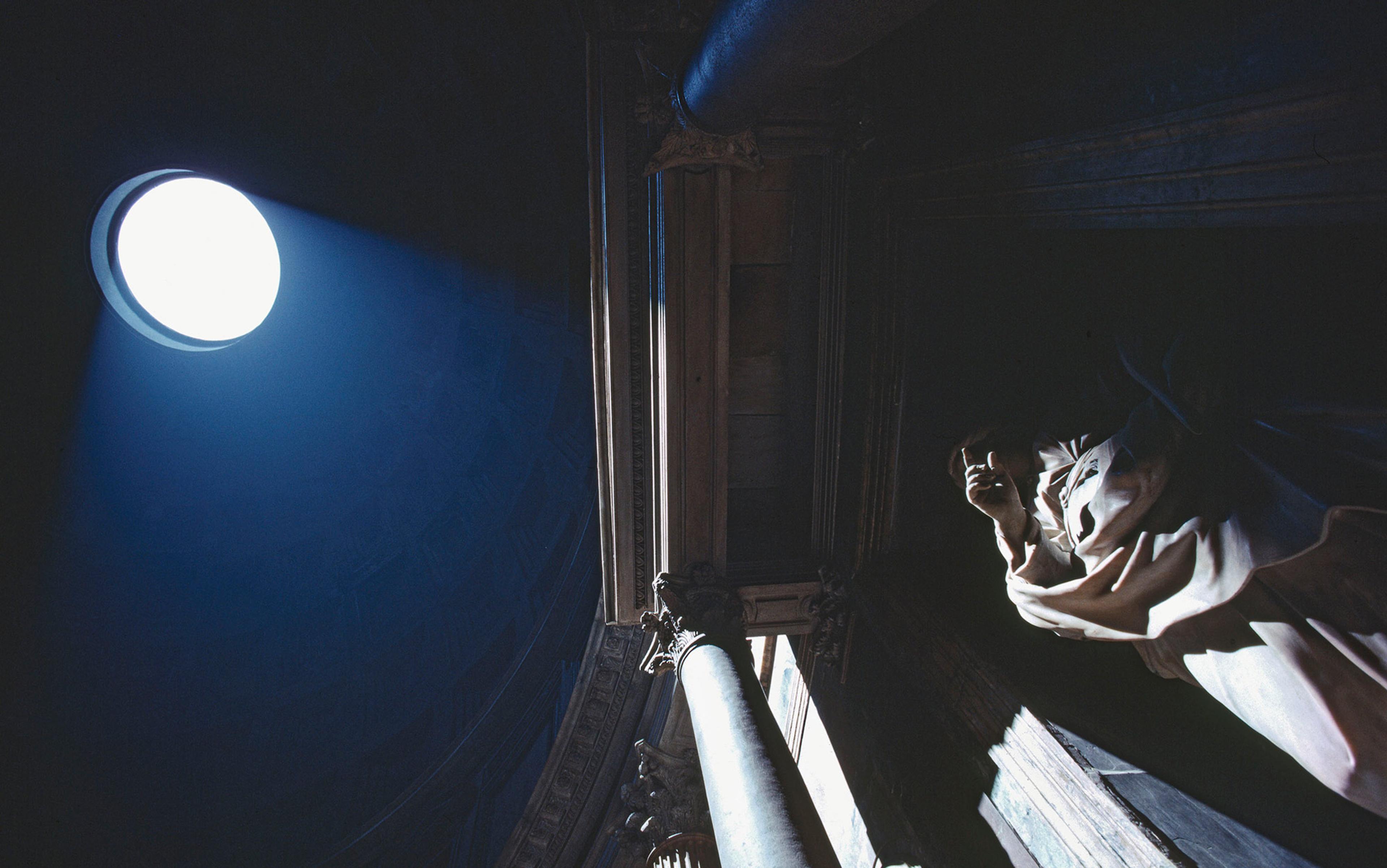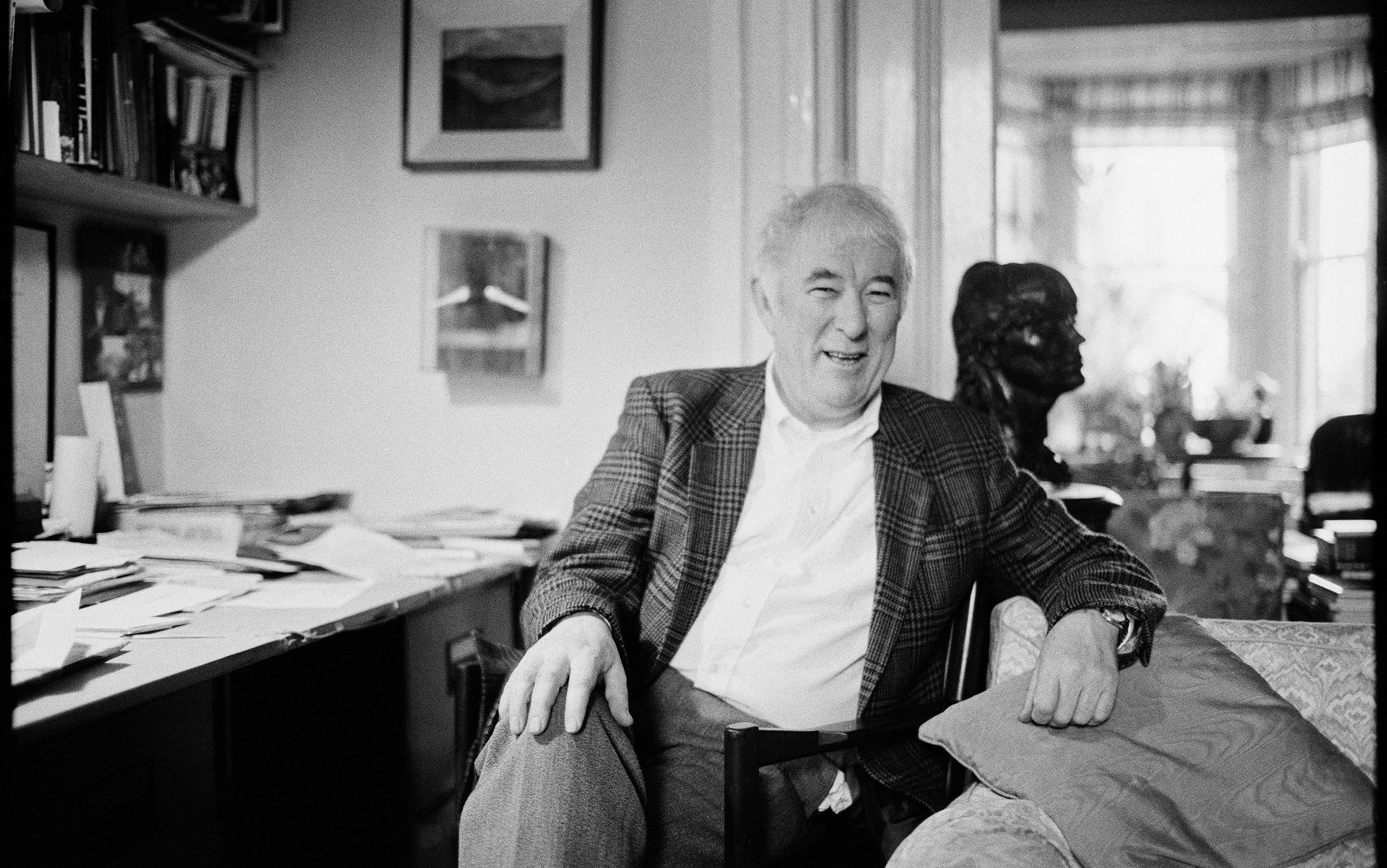The Trojan Wars ended in Troy’s defeat at the hands of the Greeks, many of whom returned to their homes. But the great Odysseus was not among them. He became marooned on the faraway island of Ogygia, enjoying – or tiring of – the favours of the beautiful nymph Calypso. Homer’s Odyssey, as we all know, is the story of Odysseus’ long journey away from Calypso and home to Ithaca, where his wife Penelope waits, courted in his absence by 117 princes young enough to be her sons.
There are two erotic mysteries at the heart of the Odyssey: the mystery of why Odysseus leaves Calypso, and the mystery of why the suitors are so hot for Penelope. These mysteries shall be deepened in a moment, but first I want to add two others that are equally perplexing, though not, perhaps, equally erotic. The first concerns the savage punishment – death – imposed on the suitors. What have they done to deserve it? In the poem, their behaviour is often likened to that of Aegisthus, who took Agamemnon’s wife Clytemnestra as his lover, and then murdered Agamemnon on his return from Troy. Yet, on the face of it, the suitors have done nothing nearly so bad. Then there is the mystery presented by the form of the Odyssey itself, with its odd mixture of realism (the suitors and Penelope) and magic (the unreality of the realms that Odysseus visits between the fall of Troy and his return home). The fantastic nature of these realms seems completely mismatched to the reality of what is taking place in Ithaca. In the end, these four diverse mysteries have the same solution.
Why, then, does Odysseus leave Calypso? Or, putting it the other way around, why doesn’t he stay? Maybe you think you know. But I believe the poem intends you to be puzzled. First off, Calypso is a nymph – she will always be a babe. Her breasts will never sag. Her bottom will always be firm. Her hair will be forever luxuriant and silky. She’ll always be fun in bed, and always, it seems, willing to go there. Moreover, she can make you immortal and give you eternal youth. No need for Rogaine, no need for Viagra, you’ll be young and vibrant and virile and hairy forever. Now why would you leave all that for a middle-aged woman and your own incipient old-age and death?
The question is a sharp one, surely, but it is sharpened further in the poem. For Menelaus, the leader of the Spartans, tells us – and it is supposed to be good news, at least for him – that, at the end of his life, he won’t have to go to be a shade in Hades. Instead, as a relative of Zeus, he will go off to the Elysian Fields. Sounds hunky-dory. The trouble is that the Elysian Fields are made to sound just like Calypso’s isle – indeed, they are also made to sound like the obviously threatening lands of the Lotus-eaters:
But about your destiny, Menelaus, dear to Zeus,
it’s not for you to die
and meet your fate in the stallion-land of Argos,
no, the deathless ones will sweep you off to the world’s end,
the Elysian Fields, where the gold-haired Rhadamanthys waits,
where life glides on in immortal ease for mortal man;
no snow, no winter onslaught, never a downpour there,
but night and day the Ocean River sends up breezes,
singing winds of the West refreshing all mankind.
All this because you are Helen’s husband now
the gods count you the son-in-law of Zeus.
If the Elysian Fields are so great, Odysseus should be ecstatic at having got there so soon. Instead, he spends all day weeping – though at night, to be sure, in the way that is normal for mortal men, he takes comfort in bed with Calypso. Sorrow and depression do not dampen the libido, evidently.
So that’s the first mystery. Odysseus is in Homeric paradise. Why, then, is he so miserable?
That mystery is a confounding one, but it is nothing compared with the second. Penelope is a middle-aged woman of around 40 – not old, certainly not in our terms, but not nubile either. Past childbearing, or soon to be past it, she is not a babe. Yet more than 100 princes (117 by my count), young enough to be her sons, have been paying court to her for three years, camped out in her palace, eating and drinking, while she and they grow older. Think about that, you 18- to 24-year-old men. Think about the mother of one of your friends. Imagine that, of all the women in the world, she’s the one you want for a wife – not just for an educational Mrs Robinson-style roll in the hay, but for a wife. Now think about that in a world in which children – especially, sons – are even more important than they are in our own culture.
When Achilles among the dead hears that his son, Neoptolemus, has become a great warrior, he is temporarily reconciled even to the death he finds worse than being a slave – his steps are light as he leaves Odysseus who has brought him the news:
off he went, the ghost of the great runner, Aeacus’ grandson
loping with long strides across the fields of asphodel,
triumphant in all I had told him of his son,
his gallant glorious son.
In marrying Penelope, then, you are almost certainly depriving yourself of children, of gallant glorious sons. What could possibly compensate for that? Furthermore, why do no suitors at all show up for 17 years, and why, when they do, are they all so young? Why doesn’t anyone of Penelope’s own generation find her attractive?
When Odysseus was his son Telemachus’ age – Penelope’s suitors’ age – he is not sniffing around a woman old enough to be his mother, and another man’s wife, with a bunch of other guys. He is getting ready to go off to Troy to win a reputation as a warrior that will become the stuff of song and story in his own lifetime. The Phaeacians are already singing of Troy when Odysseus washes up on their shores.
Contrast Odysseus with the suitors, again, and with his own son. We would never have heard of them if Odysseus had not killed the former and fathered the latter. They are not fit subjects for heroic poetry; he is. Consider the contest with Odysseus’ bow, in which Penelope challenges the suitors to string it. They cannot so much as draw it. Odysseus not only can draw it, but shoots an arrow through a line of axe heads with it. He is; they are wannabes.
Who is Odysseus? He is a great fighter, an immensely resourceful man – a survivor. And like Athena, he’s intelligent, cunning, circumspect. Indeed, Athena the goddess of intelligence is his champion, as she is Penelope’s, precisely because he is that way. What he likes to do is to fight, to compete in games that are like fighting, and to feast with his friends and hear the bards sing about great battles and warriors. He likes to tell the kinds of stories that the Odyssey itself is, in part. That is who he is. Not to be that is, for him, not to be – a kind of social death that is as bad as the real thing.
The threat that loss of identity poses to Odysseus is most palpable in his encounter with the Cyclops. There, to save himself and his men, he has identified himself as Nobody. But when he has triumphed over the Cyclops, he cannot resist identifying himself as who he really is, so that this triumph, too, will redound to him:
‘Cyclops –
if any man on the face of the earth should ask you
who blinded you, shamed you so – say Odysseus.
raider of cities, he gouged out your eye,
Laertes’ son who makes his home in Ithaca!’
The risk he takes in identifying himself is enormous since Poseidon, the Cyclops’ father, has become Odysseus’ enemy, and will prevent Odysseus from returning home for 10 years. However, the threat of loss of identity is even greater than this risk, which is why Odysseus cannot bear to be Nobody even for those few minutes more within which he can safely escape.
The eternal life and youth she offers come at too high a price. To be Nobody forever is a living death. Sex is no compensation
But the Cyclops is only a very clear case of what is true of everything that happens to Odysseus from the time he leaves Troy to the time he leaves Calypso. Circe, who turns men to swine; the Lotus-eaters, who make men forget their homes and who they are; Hades, where the dead enjoy a semi-life: they are all threats to identity – all forms of death in life.
What, then, of Calypso herself? Well, first, consider where she lives. Ogygia is so far off the beaten track that no one ever comes there. Odysseus is the first man – ever, it seems – to arrive on its shores. (No wonder that Calypso wants to hold on to him forever!) The effect of Ogygia’s isolation from the real world, so to speak, is that scarcely any of the things that make life worth living are there. There are no great feasts, no bards, and none of the wars and sports that give them something to sing about. Yet these are the best things in life. There’s nothing better, Odysseus tells the Phaeacians, after he has left Calypso,
than when deep joy holds sway throughout the realm
and banqueters up and down the palace sit in ranks,
enthralled to hear the bard, and before them all, the table
heaped with bread and meats, and drawing wine from a mixing-bowl
the steward makes his rounds and keeps the winecups flowing.
This, to my mind, is the best that life can offer.
The threat Calypso poses to Odysseus, therefore, and the reason he describes her as ‘a dangerous nymph’, is a threat to his identity – a threat she carries out by depriving him of the world that gives him meaning, the world that provides the coordinates which give him a location in reality. The eternal life and youth she offers come at too high a price. To be Nobody forever is a living death. Sex that is that anonymous, even with a nymph, is no compensation. And even though Calypso and Odysseus have been having sex nightly for seven years (about 2,500 times), they have no children. The absence of progeny signals the absence of a future, and with it the absence of history. That’s why Odysseus weeps in Ogygia and can’t wait to leave. He wants his life back.
The apparently strange state of Odysseus on Ogygia – his unhappiness in Homeric paradise – is dramatised in the poem by the odd nature of Ogygia itself as an unreal island. And what is true of it is true of all the other places that Odysseus visits on his way there. His travels are not through real space in the poem, because he is not the real Odysseus while he is there. The apparently odd form of the poem, which is often noted, in which the real and the magical are mixed, is not really odd at all – it is required by what the poem is about. That is the solution to one of the mysteries I mentioned earlier.
When Odysseus leaves Calypso, and begins to travel towards the reality that is Ithaca, his first port of call is Phaeacia, which is semi-real (Phaeacian ships are self-piloting, for example, but they travel to real places). There he meets his own true self in the songs of the bard Demodocus, and begins to take on his real identity:
I am Odysseus, son of Laertes, known to the world
for every kind of craft – my fame has reached the skies.
Sunny Ithaca is my home.
The skies, indeed, but also, of course, the lands below them. And therein lies the solution to a second mystery.
Just as men of my generation grew up hearing about the Second World War, and about its heroes and villains, we know that Telemachus and his near-contemporaries, the suitors, grew up hearing about the Trojan wars, and its heroes – Achilles, Ajax, Agamemnon, and, of course, Odysseus. How often they must have heard the bards sing of these great men. How much their imaginations must have been filled with them and their exploits. How much they must have wanted to be like them – to be them. It is this, I think, what the poem offers as an explanation for why the suitors are so young, and why they want Penelope. They are young because they are the next generation – the ones that did not fight in the Trojan Wars. They want Penelope because she is the wife of Odysseus. They want her because having her is like being Odysseus, stepping into his shoes, ploughing the furrow he ploughed. Even being in her aura, even simply hanging around Odysseus’ palace, brings them closer to what they want to be. They stay because their identities as Odysseus wannabes are underwritten and sustained there.
There is one strange moment, in particular, that calls attention to this. Athena, in disguise, has come to Ithaca to inspire Telemachus to find out about his father. She asks him if he is truly Odysseus’ son. He replies:
‘I’ll try, my friend, to give you a frank answer.
Mother has always told me I’m his son, it’s true,
but I am not so certain.’ (Emphasis added)
The uncertainty is surely one of worthiness. Is he worthy enough to be Odysseus’ son? It is a question that must have found an analogue in the minds of each of the suitors: ‘If I can win Penelope, then I am the equal of Odysseus, then I am as good as the men of my father’s generation, then I am my father’s son, then I am a man.’
They are shadows only. Odysseus is the thing itself. Their punishment is what reality imposes on fantasists
The strange portrayal of Penelope herself bears all this out. Antinous, one of the most prominent of the suitors, describes her appeal, as follows:
quick to exploit the gifts Athena gave her –
a skilled hand for elegant work, a fine mind
and subtle wiles too – we’ve never heard the like,
not even in old stories sung about all Achaea’s
well-coifed queens who graced the years gone by:
Mycenae crowned with garlands. Tyro and Alcmena…
Not one could touch Penelope for intrigue. (Emphasis added)
These are odd traits to fire a young man’s blood. Aphrodite’s gifts ought to be more on his mind than those of Athena. But notice how much like Odysseus this makes Penelope sound. She is as good at women’s work as he at men’s. What the suitors admire Penelope for, what they want in her, is her likeness to Odysseus. He is the real (though unconscious) object of their eros. She is its displaced object.
The suitors are playing at being Odysseus, but they are doing it in the real world, in the world in which there are men like Odysseus. Therein lies the danger of their fantasy, and their error. When Odysseus comes home, and fully assumes his identity, the fantasy is over, and the awful reality – his awful reality – destroys them by revealing them for what they really are. They are shadows only. He is the thing itself. Their punishment, which seems so extreme, is the punishment that reality imposes on fantasists.
The identity of Odysseus at the heart of the Odyssey is the sun around which all else in the poem resolves. But it is not an identity that the poem itself validates or accepts uncritically. Instead, as in the Iliad, Homer casts a sharp reflective light on the heroic ideal. Odysseus goes to Troy to punish Paris for stealing Helen. He goes to defend home and the family. But to do so he must leave his own home and family undefended. Returning to it then becomes his goal. Implicit in those facts is the thought of how ill-suited the hero himself is to his own home, and how ill-suited it is, therefore, to serve as his goal. Odysseus’ return shows as much. He comes home not to be a peaceful head of household, but to be a warrior again, protecting his palace as once he destroyed Priam’s and for the same reason. His work done, he will have to leave again, travelling so far from the sea that his oar will be mistaken for a winnowing fan – so far that no one there will have heard of the sea, or of the Greek fleet that set sail on it to Troy – so far, that Odysseus himself will be Nobody there. Only then he can go home to die.
Life is not, the poem tells us, going somewhere. The ends we imagine for it – the Elysian Fields, Hades, heaven, home – are not ones that offer us what we think we want: an end to our troubles, an end to struggle and strife. What we want in wanting that, it tells us, is simply death in one of its many forms. And that, in the end, we will surely find. With luck, when old and famous, and with our family around us, we are ready for it – as the gods promise Odysseus he will be.
